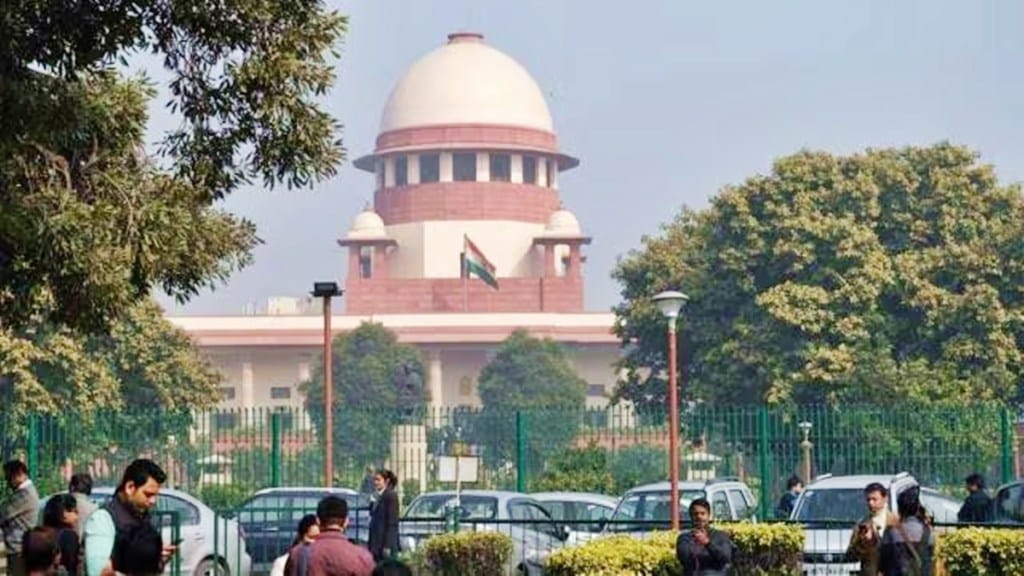Days after its notification, the Supreme Court on Friday agreed to hear a petition which sought a stay on the Citizenship Amendment Act (CAA) Rules, 2024 on March 19. On March 11, the central government notified the Citizenship (Amendment) Rules, 2024, effectively bringing into force the controversial CAA of 2019.
These rules opened the implementation of the CAA, granting speedy citizenship to members of persecuted minorities in Islamic countries such as Pakistan, Bangladesh, and Afghanistan.
A bench of Chief Justice of India DY Chandrachud, Justices JB Pardiwala, and Manoj Misra accepted the request of senior advocate Kapil Sibal, who represented one of the petitioners in the case, noting that the matter would be heard on Tuesday.
Sibal mentioned the matter for urgent hearing, stating,”CAA was passed in 2019. At that time there was no rules, so no stay was granted. Now they have notified the rules ahead of elections. If citizenship is granted, it will be impossible to reverse. So the interim application may be heard.”
Also Read:MHA debunks CAA myths and misconceptions, says no impact on Indian Muslims’ citizenship
Solicitor General Tushar Mehta, representing the Centre, argued that none of the petitioners has any locus to question the grant of citizenship.The apex court also mentioned that the entire batch comprising 237 petitions will be listed along with the latest applications.
A day after the Central government issued the Rules for the CAA, the Kerala-based political party Indian Union Muslim League (IUML) approached the Supreme Court seeking a stay on the implementation of the Rules.
Also Read:CAA’s official website indiancitizenshiponline.nic.in goes live – here’s what you need to know
The Kerala-based political party demanded that the challenged statute and regulations be stayed, and that no coercive measures be taken against individuals from the Muslim community who have been deprived of the benefits of this law.
In addition to the IUML, the Democratic Youth Federation of India (DYFI), Leader of the Opposition in the Assam Assembly, Debabrata Saika, Congress MP from Assam, Abdul Khaleque, and others also submitted applications seeking a stay on the Rules.
The IUML, a petitioner that was among the first parties to challenge the CAA before the Supreme Court in 2019, filed an application seeking a stay on the Rules. They argued that the Rules establish a “highly truncated and fast-tracked process” for granting citizenship to non-Muslim migrants from specified countries, thereby implementing a “manifestly arbitrary and discriminatory” regime based solely on religious identity.
The plea argues that the Citizenship Amendment Act (CAA) violates the principle of secularism, which is a fundamental aspect of India’s Constitution. It asserts that India’s constitutional framework, along with its international obligations, necessitates a non-discriminatory approach to refugee protection. The Act and Rules, it contends, would grant citizenship selectively based on religion, creating an irreversible situation.
Passed by Parliament on December 11, 2019, and receiving the President’s assent the following day, the CAA sparked nationwide protests. It became effective on January 10, 2020. The law expedites citizenship for Hindus, Sikhs, Buddhists, Jains, Parsis, and Christians fleeing religious persecution in Afghanistan, Bangladesh, and Pakistan, arriving in India on or before December 31, 2014.

